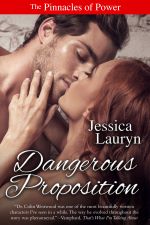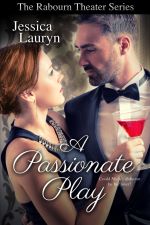These are the most listened-to episodes of the week. Did your favorite make the list?
1) Carmen Cook
2) Matilda Swift
3) Jason LaVelle
4) MJ Preston
5) CJ Baty
6) Will North
7) Kristina Rienzi
8) Abigail Keam
9) Ilene Goff Kaufmann
10) Di Ainsworth
*stats compiled from Podcast.co - these do not include numbers from ArtistFirst Radio Network



















